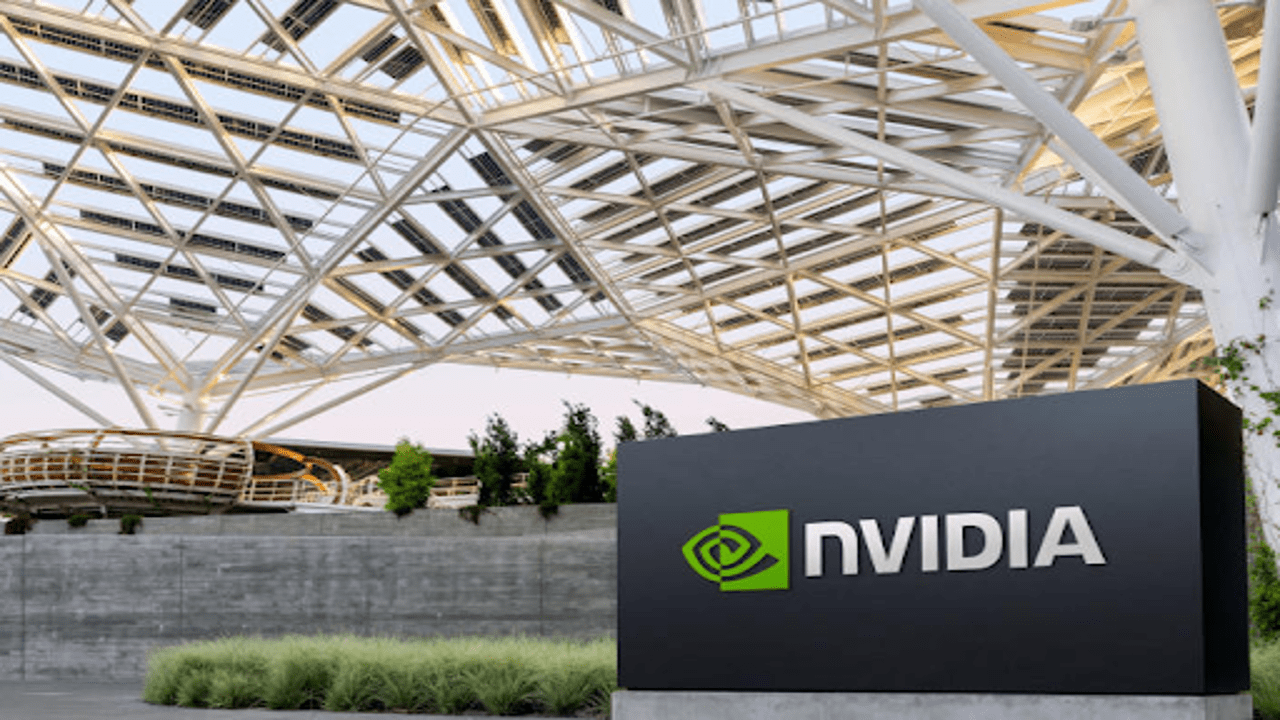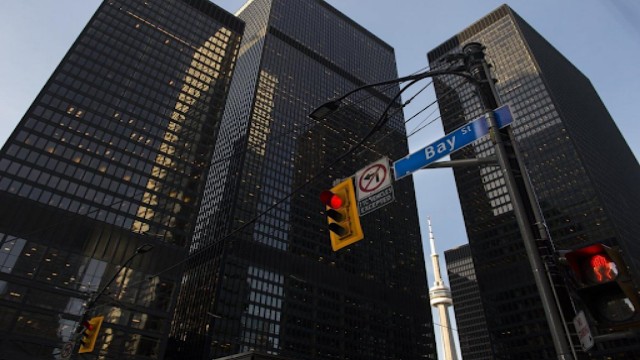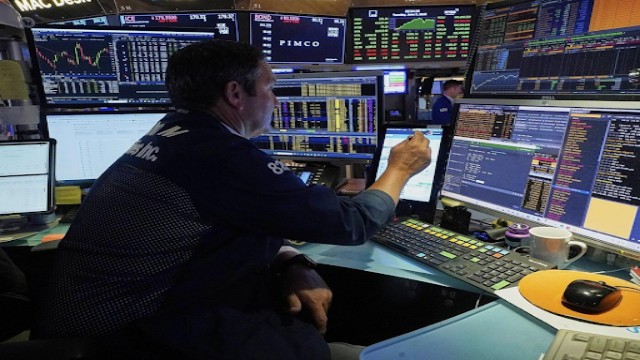
A photo taken in May 2022 shows the NVIDIA logo at the company's headquarters in Santa Clara, California. The image was provided by NVIDIA and shared by Reuters.
The stock market has seen a notable resurgence as recent economic data has alleviated fears of a looming recession. Both the S&P 500 and the Nasdaq Composite have shown positive performance in August, despite earlier concerns triggered by a challenging jobs report. Since the sell-off on August 5, the S&P 500 has gained nearly 7%, while the Nasdaq Composite has surged over 8%.
A closer examination reveals that once again, major technology stocks are at the forefront of this recovery. The Information Technology sector has risen by almost 12%, with Nvidia leading the charge, boasting a more than 21% increase. Nvidia, a key player in the AI-driven market rally, has played a significant role in this turnaround.
The recent shift in market dynamics can be attributed to new economic data indicating that inflation is gradually moving towards the Federal Reserve's 2% target. Additionally, consumer spending remains strong, and the rate of jobless claims has not shown significant acceleration.
Angelo Kourkafas, a senior investment strategist at Edward Jones, commented on the situation, emphasizing that while the economy is slowing, it is still growing, which is a crucial distinction. He noted that the fears of an economic contraction following the last jobs report have not materialized.
Market strategists had anticipated the rebound of tech stocks following the downturn earlier in the month. Harsh Kumar of Piper Sandler highlighted the "tremendous opportunity" in Nvidia stock, particularly after reports that Nvidia's next-generation AI chips would face a three-month delay caused a sell-off in semiconductor stocks. Similarly, Bank of America analyst Vivek Arya identified Nvidia as one of the firm's top picks for a rebound, expecting a strong recovery for semiconductor stocks by the end of 2024.
The enthusiasm for "buying the dip" has extended beyond Nvidia. On August 8, Truist's co-chief investment officer Keith Lerner upgraded the tech sector to Overweight from Equal-weight, pointing out that the risk-reward balance had improved. Lerner observed that the tech sector experienced its worst one-month underperformance compared to the S&P 500 since 2002 during the recent pullback. He believes this underperformance was due to investors exiting a crowded trade, rather than a fundamental change in the outlook for these stocks.
Lerner further noted that in a cooling economic environment, investors are likely to return to tech stocks, especially given the long-term growth potential associated with artificial intelligence. He also mentioned that during the current earnings season, there has been a noticeable increase in capital spending on AI, further boosting the sector's prospects.
As the market continues to recover, tech stocks, particularly those involved in AI, are expected to remain a key driver of growth. Investors are increasingly optimistic about the sector's future, buoyed by strong earnings and the ongoing advancements in technology.















